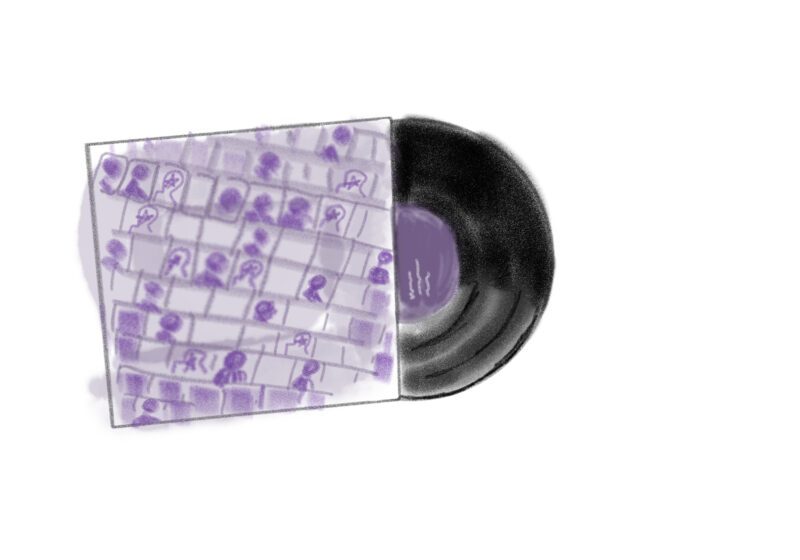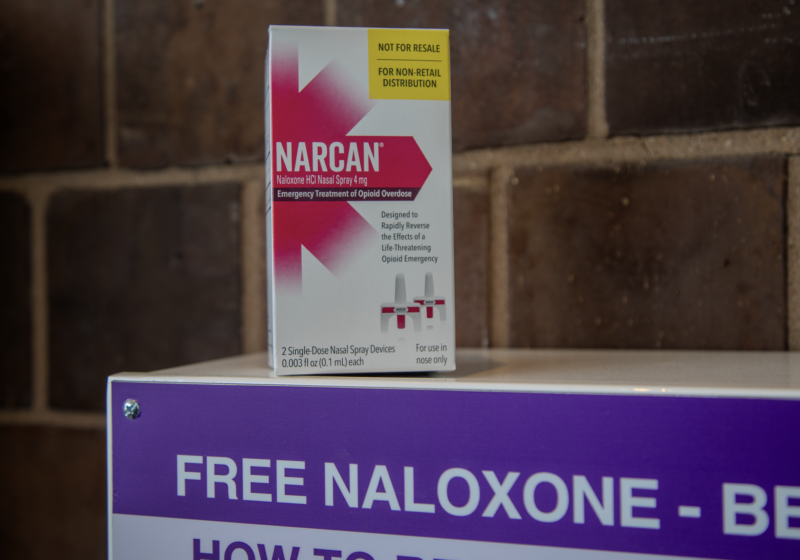An article comparing modern universities to “airport malls” was distributed on campus just prior to Winter Break. The article, which appeared in the Fall 2000 issue of “Thought and Action,” was written in that year by then UR doctoral candidate Daniel Moses.
“The goal of the top brass is clear– to run the university like a corporation, with themselves as managers, faculty and staff as worker, and students as consumers,” argued Moses.
The article appeared in Wilson Commons, Wilder Tower and other areas on campus.
The article, while it talks about trends at colleges across the country, focuses mostly on Moses’ own experiences at UR. Moses criticizes the way that the school focuses on income, and he believes that today’s “university president is a corporate functionary who reduces students to consumers.”
President Thomas Jackson disagrees. “I give little or no validity to [Moses’ argument on commercialism]. The values of a liberal arts college are alive and well at Rochester — indeed, I think, flourishing in our college.”
Moses makes the argument that the commercial structure of the university robs it of its sense of community. “Anybody who has experienced a real community,” Moses writes, “whether in a neighborhood association, a house of worship, in a political or religious movement, in a co-op or commune, or at a college that fosters community — knows that institutions like the University of Rochester are sorely lacking.”
Jackson did not remember reading the article when it came out, but he said, “I do recall the making of an analogy — cute but, in my view, wrong — between Wilson Commons and an airport mall.” Jackson said that he thought the values of a liberal arts education were not being lost at UR.
The article also took issue with the reorganizations of the university’s 1995 Renaissance Plan. This project decreased enrollment, refocused departments, and concentrated more money on undergraduate programs.
“In plain language, the ‘Renaissance Plan’ was about downsizing. Administrators were cutting programs and jobs and inflicting pain,” Moses wrote.
After reading the article, Jackson defended the Renaissance plan. “Over time, I think the basic goals of the Renaissance plan, particularly in terms of the reinvigoration of the undergraduate experience on campus, have been met or exceeded,” he said.
Junior Zakia Barnes said that while she thought Moses’ concept of a university might be good, it was hard for students to compare the current model with such ideals.
“We don’t have a reference point,” she said. Barnes supported the idea of bringing businesses in to help students have different types of experiences from the community.
It is unclear where the copies of the article originated. Most students had not seen copies when they were originally distributed.
The article comes at a key point for Jackson’s administration to plan the new capital campaign.
Jackson sees no reason for students to be angered by the upcoming campaign, which will focus on raising funds for the endowment fund.
“While I cannot speak, of course, for every student, I would be surprised if students in general were ‘upset’ with the idea of increasing the college’s endowment,” he said.
Additional reporting by Colin Brown and Robyn Tanner.




